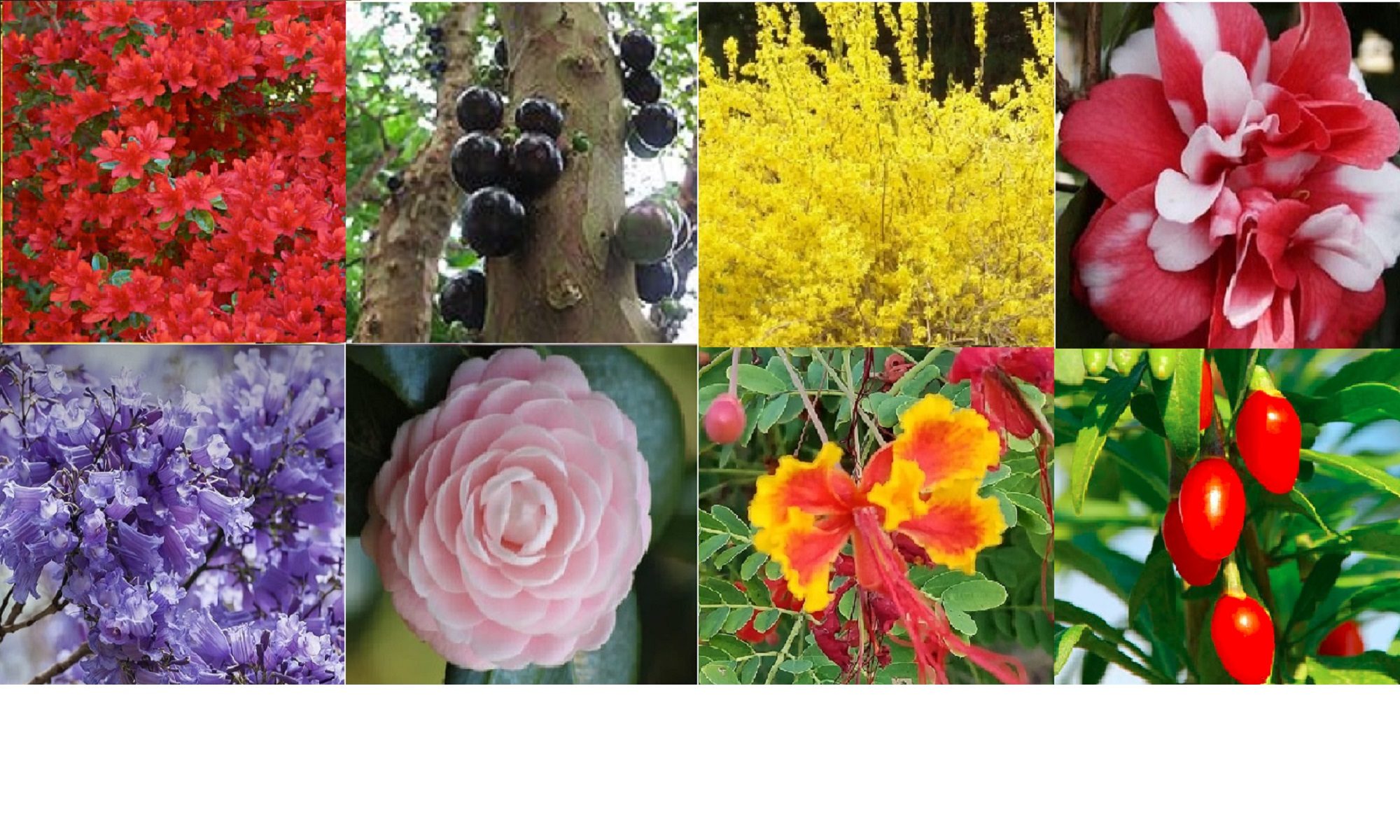Adeniumrose Company is in the process of inputting the Hoya plants information on the website. We plan to release about 20 – 22 varieties in 1..2 weeks. These hoyas, also known as wax plants, were received about 4 months ago as barely rooted cuttings. Now they are much larger and growing great roots.
Images will be taken of the hoya plants so people have an image of the size right before we release them. Here is a list of the plants AdeniumRose Company plans to release:
hoya lacunosa
hoya incrassata variegata
hoya carnosa tricolor
hoya cumingiana
hoya lacunosa x obscura
hoya macrophylla
hoya australis ssp australis
hoya elliptica
hoya pubicalyx splash
hoya dolichosparte pink
hoya sp. pola
hoya rigida
hoya kenejiana red corona
hoya kenejiana variegata
hoya cv. jennifer
hoya cv. Optimistic
hoya cv routine
hoya imperialis red
hoya pentaphlebia
hoya sp. phu wua
hoya sp sarawak
hoya glabra schlechter 1908
Please note we have a limited number of each type of hoya plants. All of them are growing in 5 in hanging pots but will be shipped bare root with a moisten towel around the roots. Rooted hoyas do ship well and we plant to use USPS priority mail (1..3 day transit).
All the hoyas AdeniumRose Company grows are in 65% to 70% sunlight for about 5..6 hours a day. Presently, they are getting very high humidity (90% plus) and 90+ degree weather and they are doing great. Many years ago I lived in Atlanta and grow them year round inside next to a window that received sun about 6..8 hours a day during the summer and 5..6 hours during winter. The glass was lightly tinted a bit so I’m guessing 75% sun rating.
If would not put them in direct sunlight for more than 3 hours if possible (morning sun light). They do better with shaded or indirect light but longer hours. Not all Hoyas ave the same growth requirements but they are all very similar. Some hoya plants require a bit more light and others less so you many want to move them around a bit and record the movement so you can track which ones like more or less sun exposure.

